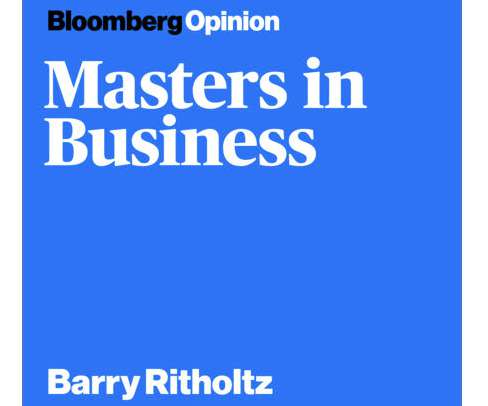Evaluating Benchmark Misfit Risk
CFA Institute
DECEMBER 19, 2022
How can we identify and measure a portfolio's benchmark misfit risk?

CFA Institute
DECEMBER 19, 2022
How can we identify and measure a portfolio's benchmark misfit risk?

Barry Ritholtz
AUGUST 29, 2023
So I was a mile deep on a subject matter of bond indexing, but now I had the opportunity to lead an equity indexing group, the entire fixed income team, our investment strategy team that does research for our clients around portfolio construction, those types of things. So a variety of risk meetings, a variety of economic meetings.
This site is protected by reCAPTCHA and the Google Privacy Policy and Terms of Service apply.

Barry Ritholtz
MARCH 7, 2023
Maria Vassalou has a fascinating history and background, London School of Economics to Columbia School of Business, where she actually was a professor for over a decade, and started consulting to the hedge fund and financial services industry. And that led her to various jobs at Wasserstein Perella McKinsey’s Asset Management Group.

Barry Ritholtz
AUGUST 15, 2023
SEIDES: If the S&P is your benchmark, which it isn’t for these pools of capital. RITHOLTZ: What should be their benchmark? So the proper benchmark for those pools has to look a little bit like the underlying assets they’re investing in. So what do you use for a benchmark? 14, 15% a year? RITHOLTZ: Right.

Barry Ritholtz
OCTOBER 17, 2023
And they also have a unique approach to feeds when they’re generating alpha, when they’re outperforming their benchmark, they take a performance fee. I want to get into that before we start talking about asset management. What made you add economics to your, to your graduate degree? Risk management.

Barry Ritholtz
AUGUST 16, 2022
If you’re all interested in macro investing, trend following, commodities, currencies, fixed income, various types of quantitative strategies, and most important of all, risk management, you’re going to find this conversation to be absolutely fascinating. With no further ado, my interview of GCM’s Ken Tropin.
Let's personalize your content